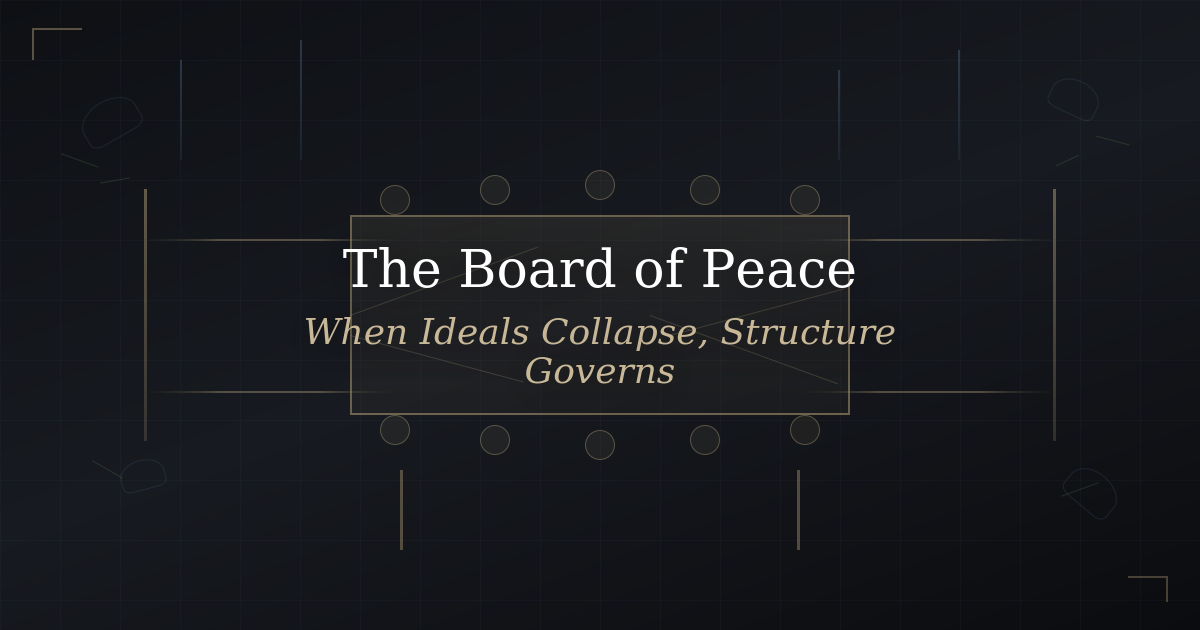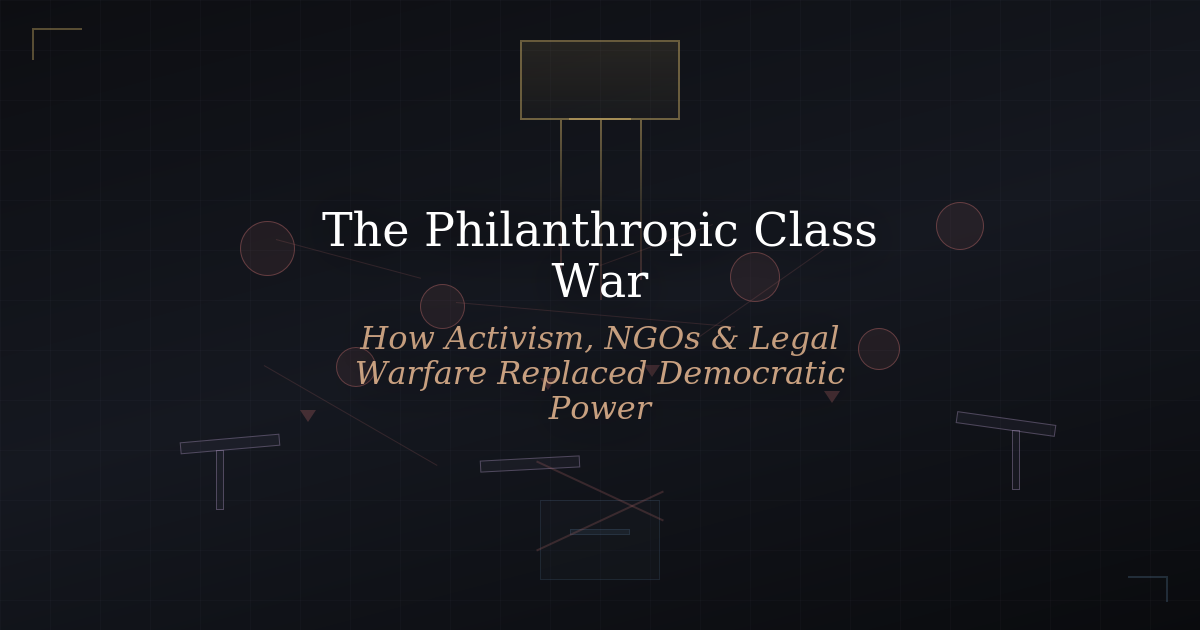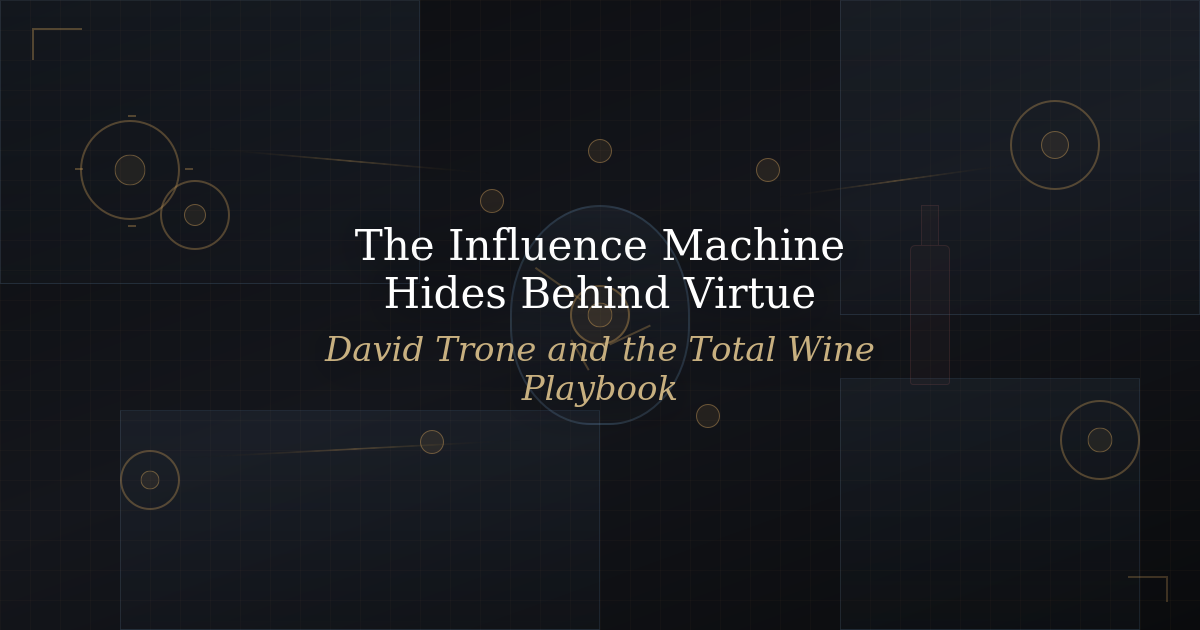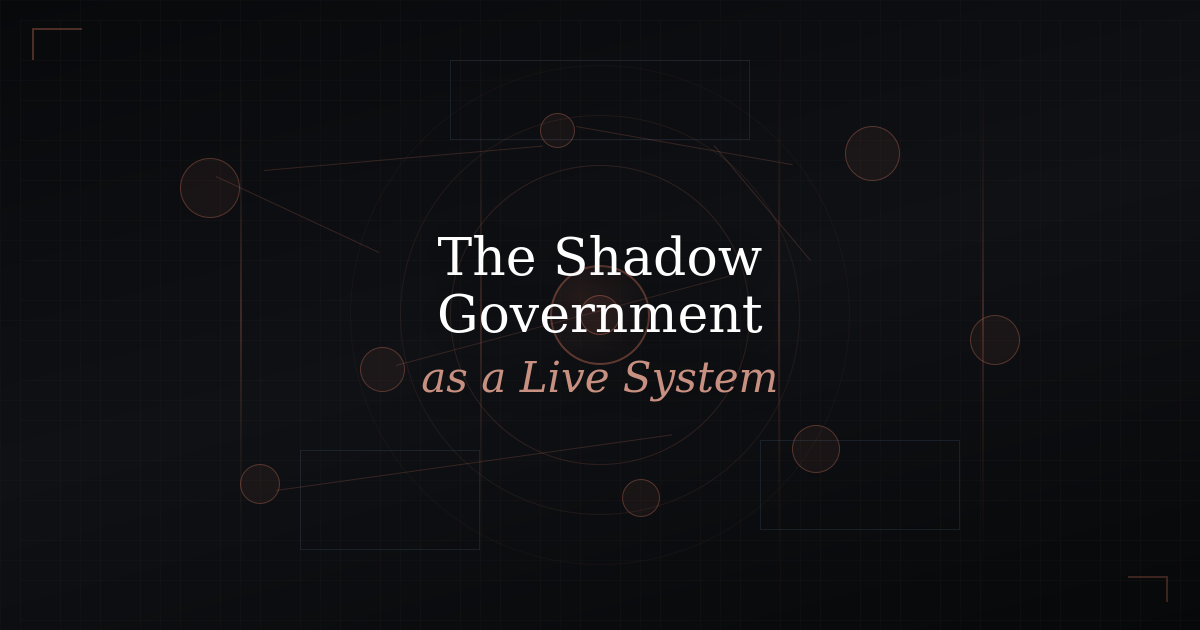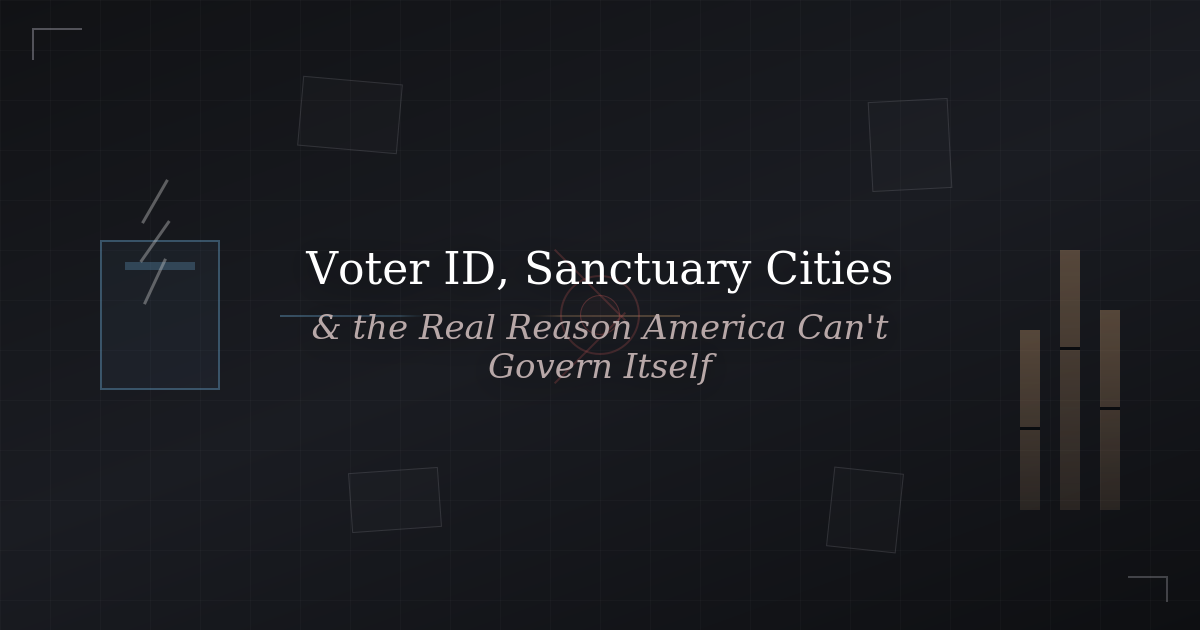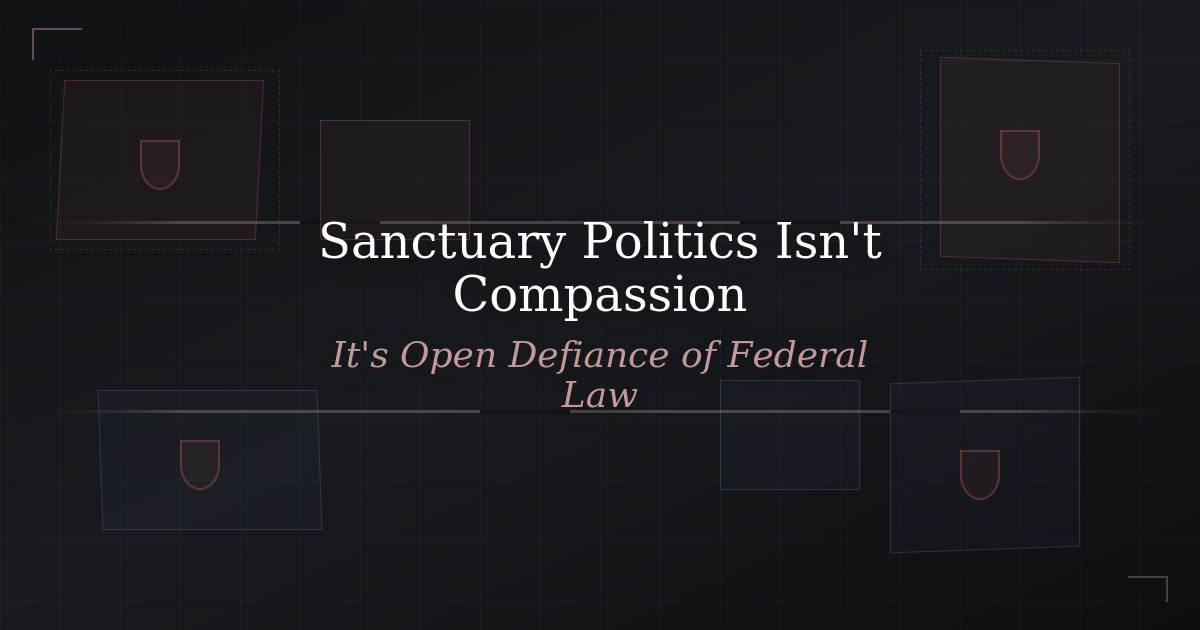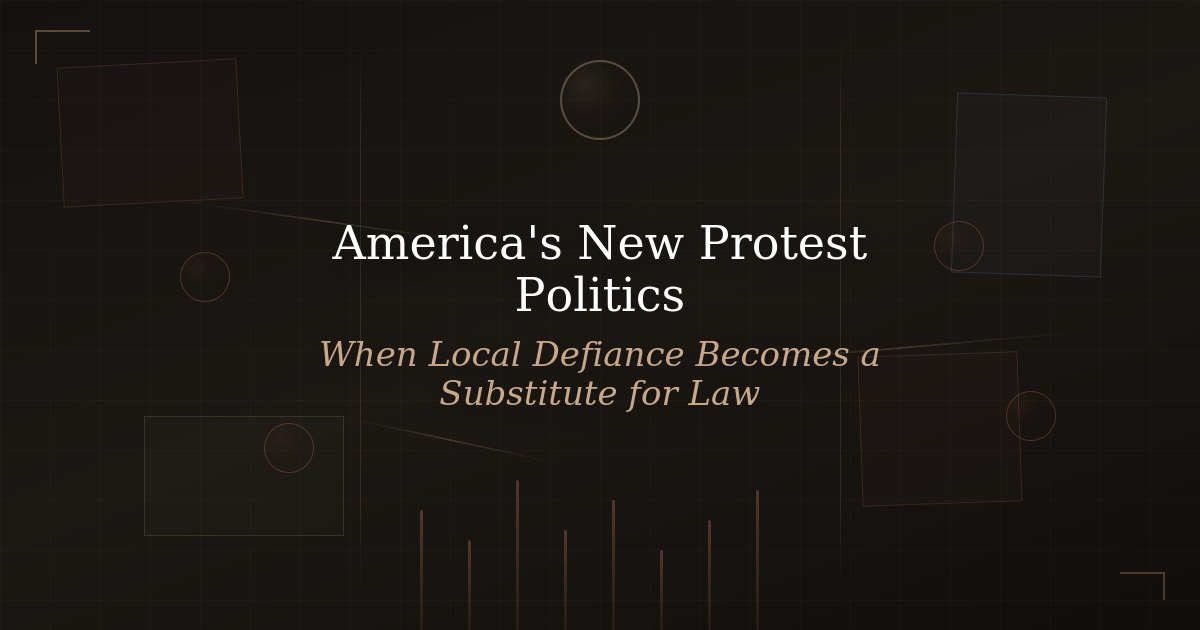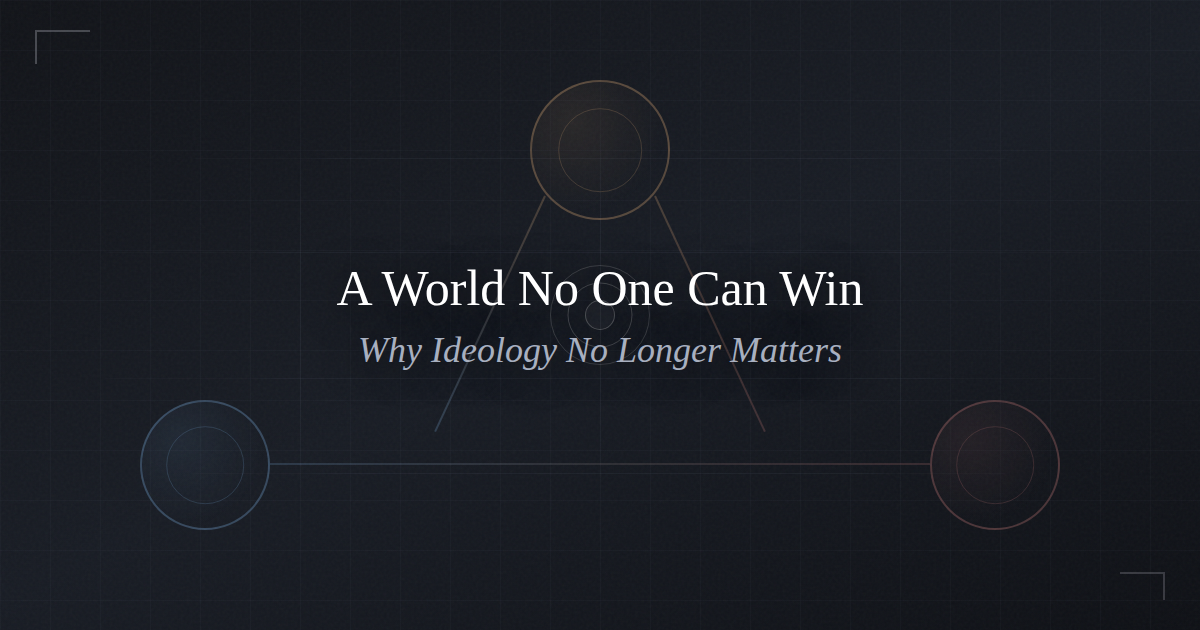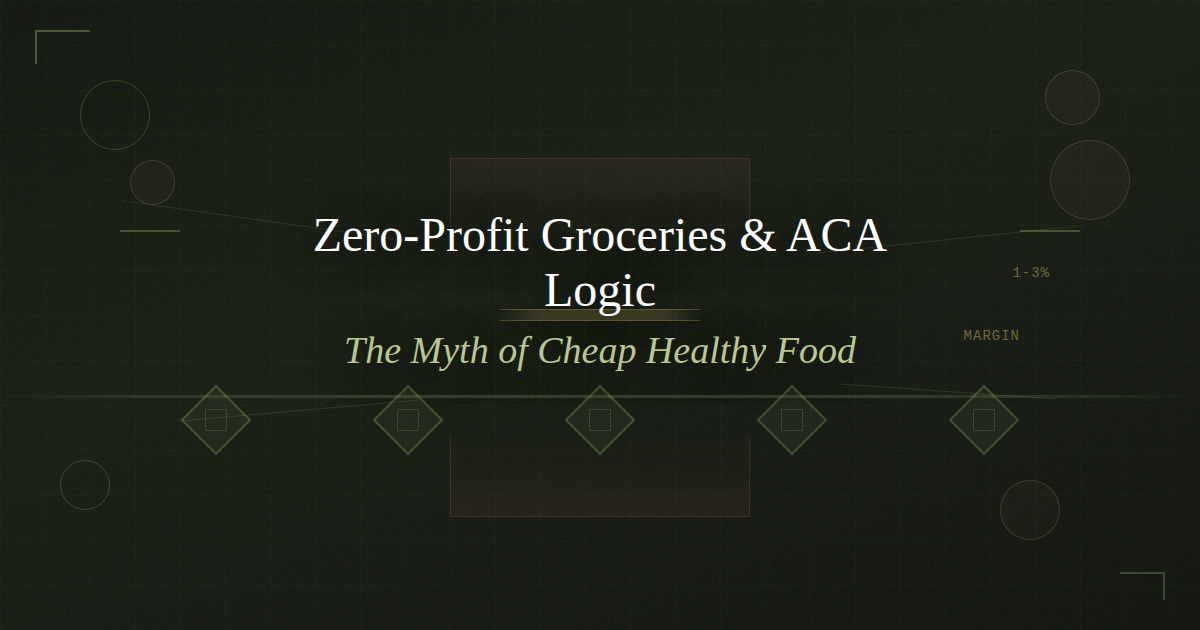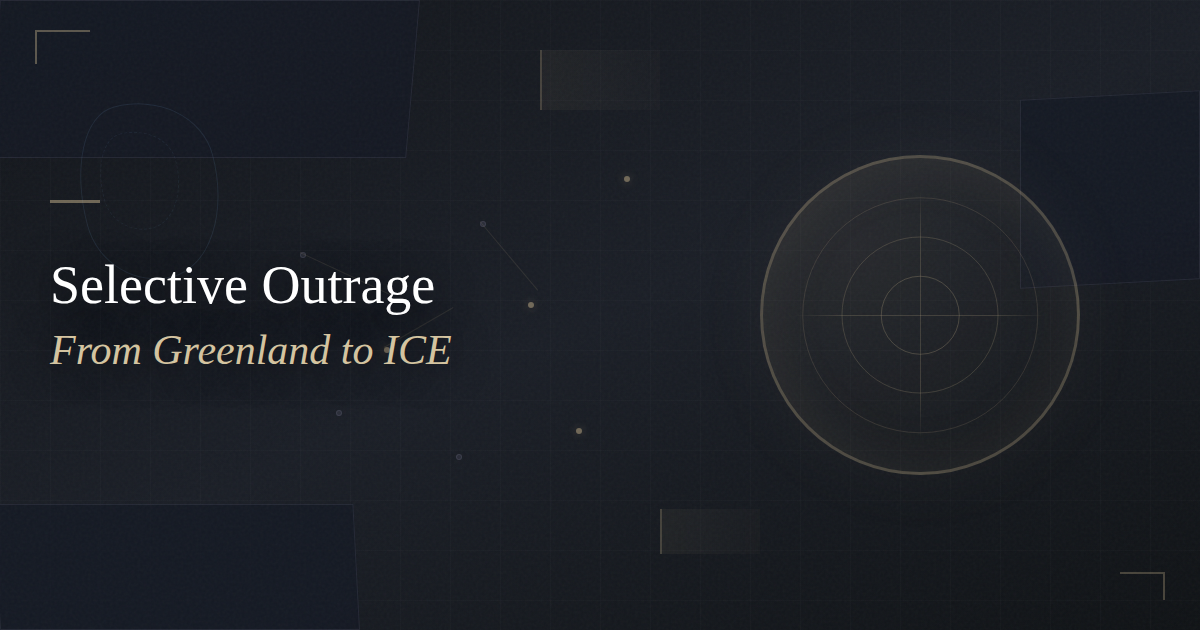Geopolitical Focus- October, 2024 # 2
Observations of the 2024 Democratic Ticket: Political Maneuvering and Media Narratives
The incompetence, ideological preference, and frozen views shape the Biden administration’s legacy around the World. Mr. Blinken, Biden's top diplomat, is traveling again to Israel, marking the first visit since Sinwar's death, hailed as a "new beginning." But how many times has the world seen a “new beginning” in the region? Biden's approach is less diplomatic and more a sales pitch, unlikely to yield success. Consider the many nations in the Middle East and their religious diversity ; wars will never fully end the conflicts. For every Hezbollah or Hamas leader killed , more are born.
No one is better at targeted killings than the Israelis, but the key question is whether the Netanyahu government has a political plan for mitigating the threat from future Hamas leaders. Before his release in a prisoner exchange in 2011, Sinwar had spent 23 years in an Israeli prison, nurturing a vendetta that led to the October 7 attacks. How many more future Sinwars have buried family members in Gaza? How many impoverished, hopeless Gazans, with no prospects beyond the networks of Hamas, are driven by a desire for revenge?
Yes, October 7 was a tragedy, but there remains the question of how it happened. Hamas's doctrine has been clear for decades, yet world governments have supported policies that fuel tensions, backing Israel’s settler expansions and placing Palestinians in confinement with UN complicity. The Biden administration could not build on the Abraham Accords, prioritizing its own legacy instead.
B enjamin Netanyahu has led Israel for over 27 years cumulatively: 1996-1999, 2009-2021, and 2022-present. His political longevity stems from skillful maneuvering and a reluctance to acknowledge any responsibility for the numerous crises of his tenure.
While Blinken travels, hostages remain captive, and calls for peaceful resolutions are met with violence. The idea that targeting terrorist leaders could free hostages belies reality: hostages are, tragically, collateral in war, just like other civilians.
Israel has managed to eliminate several key leaders of Hamas and Hezbollah, including Yahya Sinwar and Hezbollah’s Hassan Nasrallah. Yet, neither group has indicated a willingness to cease hostilities.
No party seems to have an endgame, nor a willingness to end the war. Both extremist factions are resolute, with ultra-nationalists on one side mirroring Hamas's drive for retribution, while the military-industrial complex profits.
What Is Israel’s Endgame in Gaza? These Are the Three Key Dilemmas
Assuming Israel isn’t planning to transfer Palestinians, annex Gaza, or permanently reoccupy it, three major questions arise concerning the aftermath of the war with Hamas. Each solution is intricate, requiring unprecedented regional coordination.
And here an opinion that Israel may be on the losing end?
NGOs around the world are evolving into powerful political forces, sometimes superseding government influence. The UN, WEF, other NGOs, religious institutions, and coalitions of nations like BRICS and the Indo-Pacific Alliance reveal the planet’s propensity toward perpetual conflict. History suggests that humans might not change – even with AI's potential to heighten aggression.
Hand in hand they dance with the Force (translated from German): NGOs may claim independence, but they often clear the way for elites’ policies.
Noble Goals , but are they simply serving elite interests? These organizations aim to uphold the Universal Declaration of Human Rights, yet their influence often benefits those in power.
Smell the BRIC: assembled in Russia to discuss future cooperation. Western media downplays it, yet BRICS nations are coordinating while the West engages in war rhetoric. The concern is valid, especially if BRICS were to adopt NATO's “attack on one is an attack on all” stance, further intensified by shared grievances.
BRICS aims to offer an alternative to the Western-led order, now comprising 35% of the world economy and 45% of the population. BRICS’s share in world GDP recently overtook that of G7.
The BRICS now includes Brazil, China, Egypt, Ethiopia, India, Iran, Russia, Saudi Arabia, South Africa, and the UAE, with Turkey also expressing interest.
Money flows to Ukraine, but the form is shifting. A new loan package, supported by interest from frozen Russian assets, is intended to sustain Ukraine's recovery. However, the complex dynamics of seized assets and ongoing aid commitments add layers of political risk for future administrations. This financial strategy provides immediate support but raises questions about its long-term viability.
Since the beginning of the war, the U.S. has authorized over $175 billion in support for Ukraine. However, as domestic concerns grow, some are questioning whether continuous aid is sustainable in the face of rising national debt and economic instability.
China’s transformation from imitator to innovator is no longer in doubt, especially as companies like Xiaomi design cutting-edge technology. China’s advancements suggest that it could be self-sufficient, challenging the U.S. technologically. A shift to collaboration over confrontation, particularly in sectors like solar and EV production, could benefit both nations. However, current tensions and tariff disagreements present obstacles.
Will the UK Labour Party’s new leader, Keir Starmer, fulfill expectations? In his first 100 days, Starmer faced criticism over policy missteps and public disillusionment. Despite initial support, recent polls reflect mounting disappointment. The challenges Starmer faces underscore the difficulties of maintaining public trust and implementing promised reforms in a turbulent political landscape.
Only 12% of respondents in recent polls say Labour met their expectations, highlighting the disillusionment many feel.
Meanwhile, Italy’s Prime Minister, Giorgia Meloni, once labeled as far-right, has proven herself as a prominent EU leader. Her firm stance on immigration has gained traction, though it has sparked controversy within and outside Italy. Her ability to balance national policies with EU expectations demonstrates the tightrope leaders walk amid shifting public opinion and complex immigration issues.
War and economic interests often intertwine, as evidenced by U.S. and Russian economic gains despite the global conflicts. Sanctions on Russia, while initially destabilizing, have ultimately strengthened its economy, while Europe, particularly Germany, has struggled under the strain of reduced access to Russian resources. The unintended economic fallout of sanctions reveals the complex interplay between political actions and their financial consequences.
It’s time for new approaches to leadership that prioritize diplomacy, market parity, and understanding of global diversity. Voting this election season provides an opportunity to influence these directions. Thoughtful policies and cooperative actions could pave the way for more balanced international relations.

